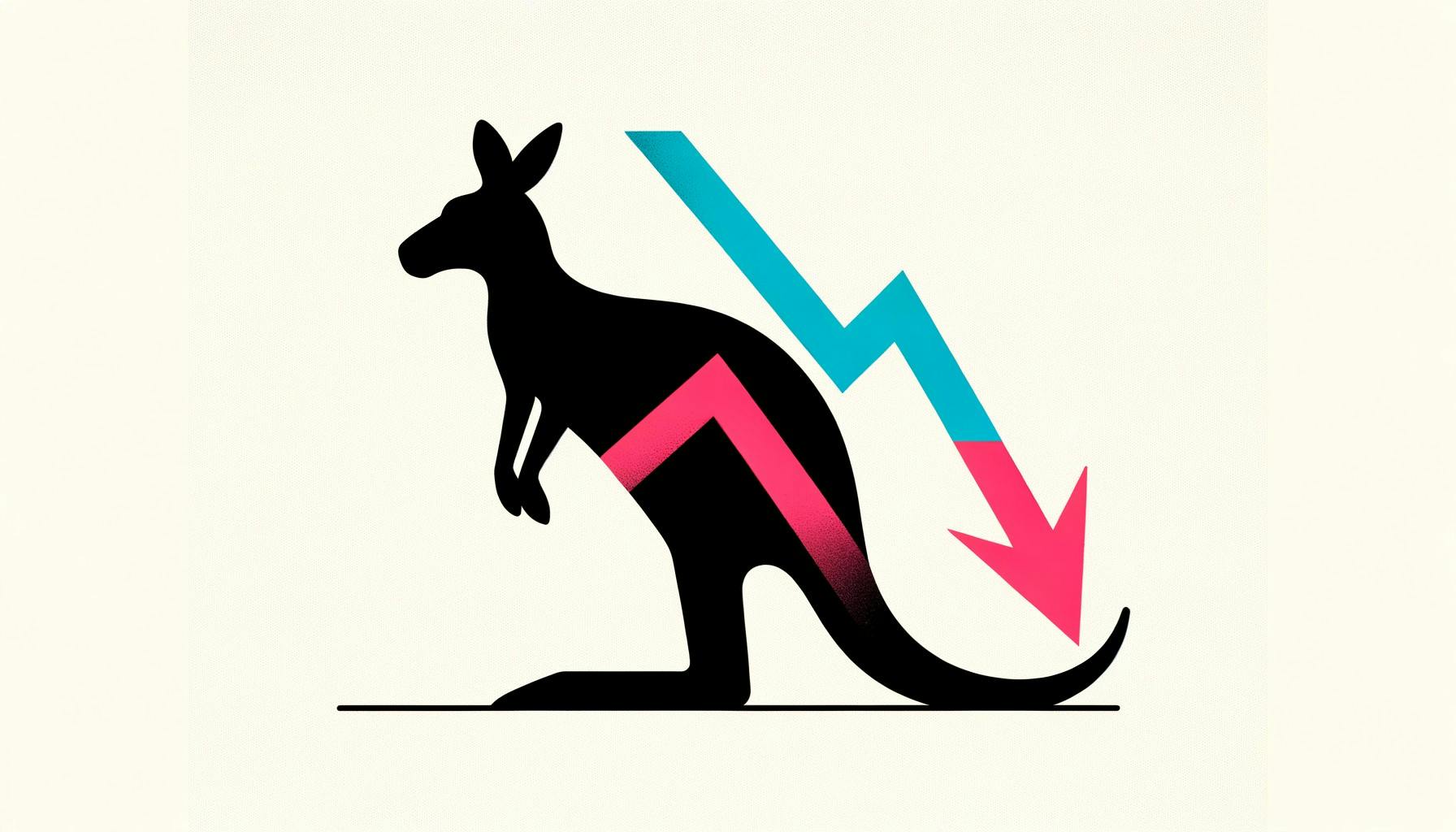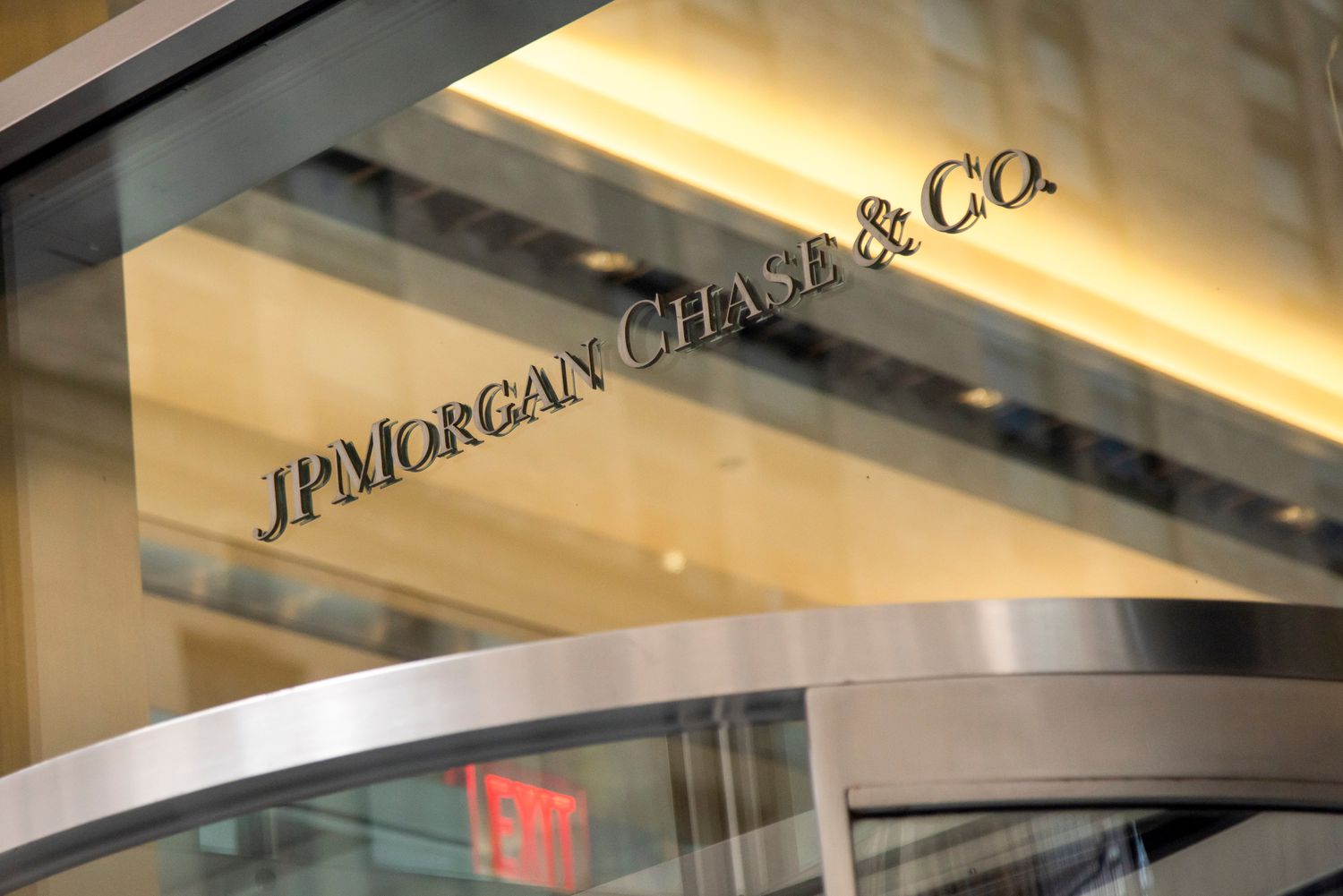LONDON (Reuters) – The euro zone economy ended 2024 in a fragile state, according a survey which showed overall activity contracted for a second straight month in December as a modest recovery in the services industry failed to offset a deeper downturn in manufacturing.
HCOB’s final composite Purchasing Managers’ Index for the bloc, compiled by S&P Global and seen as a good gauge of overall economic health, rose to 49.6 in December from November’s 48.3.
That was just above a 49.5 preliminary estimate but still below the 50 mark separating growth from contraction. Due to the holiday season the data were collected earlier than usual, with the survey conducted Dec. 5-18.
The headline index was boosted by the bloc’s dominant services sector, whose PMI bounced back above breakeven to 51.6 from November’s 49.5, but was weighed down by a sharper decline in factory activity.
“December PMI data doesn’t exactly lay a fantastic foundation for a service sector boom in 2025, but at least incoming business has stopped falling and the decline in order backlogs has softened,” said Cyrus de la Rubia, Chief Economist at Hamburg Commercial Bank.
“Service providers can count themselves lucky that, unlike manufacturers, they’re not directly affected by the threat of U.S. tariffs. Overall, they should help ensure that industrial weakness doesn’t completely drag down the entire economy in 2025.”
U.S. President-elect Donald Trump, who returns to the White House later this month, has pledged to impose tariffs on goods across the board.
An index measuring new services business, a proxy for demand, nudged back into growth territory after three months of decline. It was 50.2 last month, up from 48.1 in November.
That was despite a rise in overall prices charged as firms tried to recoup a sharper increase in input costs. The composite output prices index rose to a four-month high of 52.5 from 51.9.
“At the (December) ECB press conference, President Lagarde reiterated that services inflation is still too high. December’s PMI survey for the services sector confirm this,” de la Rubia said.
“For monetary policy, this means the central bank should remain cautious and make only small interest rate cuts in the first quarter of 2025.”
The European Central Bank cut interest rates for a fourth time in December and kept the door open to more easing as the euro zone economy is dragged down by political instability at home and the threat of a U.S. trade war.
It is expected to cut at least 100 basis points more this year, according to a Reuters poll.












Leave a Reply